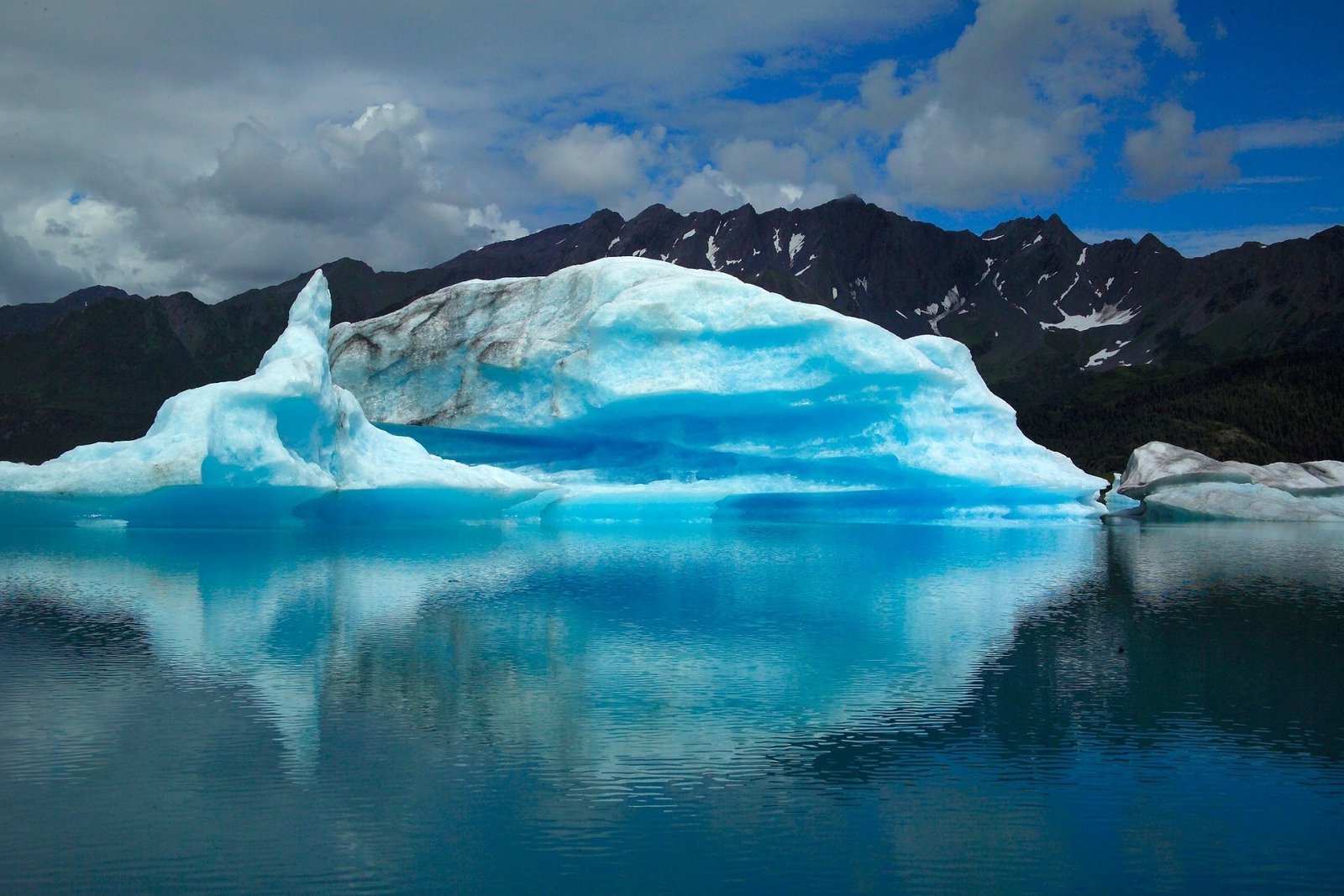New research reveals that air pollution from wildfires is taking a devastating toll on low-income countries, disproportionately affecting their populations. The study, published in the journal Nature, sheds light on the far-reaching impacts of landscape fires, which encompass blazes in forests, shrublands, grasslands, pastures, and agricultural areas, whether planned or uncontrolled.
The smoke generated by these fires can travel thousands of kilometers, posing severe public health risks, including increased mortality rates and the exacerbation of heart and lung-related illnesses. According to a study published in Lancet Planetary Health, ambient air pollution claimed approximately 4.5 million lives in 2019 alone.
The new research, conducted using data, machine learning, and modeling techniques, provides alarming insights into the global daily emissions of fine particles known as PM2.5 and surface ozone concentrations resulting from landscape fires between 2000 and 2019.
One of the most striking findings is the stark disparity between low-income and high-income countries. The annual air pollution from landscape fires in low-income nations was approximately four times higher than in wealthier countries. Regions such as central Africa, Southeast Asia, South America, and Siberia experienced the highest levels of pollution, highlighting the global scope of this issue.
This crisis is further exacerbated by the rising temperatures associated with human-induced climate change, which increases the risk of wildfires. Shandy Li, an associate professor at Monash University in Melbourne, Australia an co-author of the study, warned that warming trends could worsen the pollution problem in the future. She emphasized the urgent need for people to take measures to reduce exposure to fire air pollution.
Disturbingly, the study also reveals that around 2.18 billion people per year, on average, were exposed to at least one day of “substantial” air pollution stemming from landscape fires between 2010 and 2019. This represents a nearly seven percent increase from the previous decade. “Substantial” air pollution, in this context, refers to daily average PM2.5 levels exceeding the 2021 WHO guidelines of 15 micrograms per cubic meter of air, with fire-related pollution accounting for at least half of this total.
Africa bore the brunt of this crisis, with an average of 32.5 days of substantial fire-derived air pollution exposure per person every year. South America followed closely behind, with an average of 23.1 days. In stark contrast, Europeans experienced only about one day of substantial pollution per year on average during the same decade.
The five countries with the highest average annual number of days of exposure to substantial fire-sourced pollution per person were all in Africa: Angola, the Democratic Republic of Congo, Zambia, Congo-Brazzaville, and Gabon.
In a separate study published in Nature on the same day, scientists revealed that wildfire smoke in the United States had eroded air quality progress achieved over decades. This emphasizes the global reach of wildfire pollution.
It’s crucial to note that even in wealthy countries, cities are grappling with poor air quality, often exceeding WHO guidelines. This is primarily due to pollution from transportation, heating, and industrial sources.
Earlier this month, the UN World Meteorological Organization sounded the alarm, stating that climate change was driving more intense and frequent heatwaves and a subsequent “witch’s brew” of pollution. Mitigating climate change to reduce extreme weather events is essential in limiting this risk, according to Shandy Li.
Ultimately, these findings highlight a disturbing pattern of “climate injustice.” Those least responsible for human-induced climate change are suffering the most from wildfires, which are exacerbated by climate change. Changes in land management techniques, including the controlled burning of agricultural waste or deliberate blazes for land conversion, could also play a role in reducing the extent of these destructive fires.










